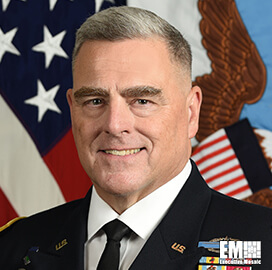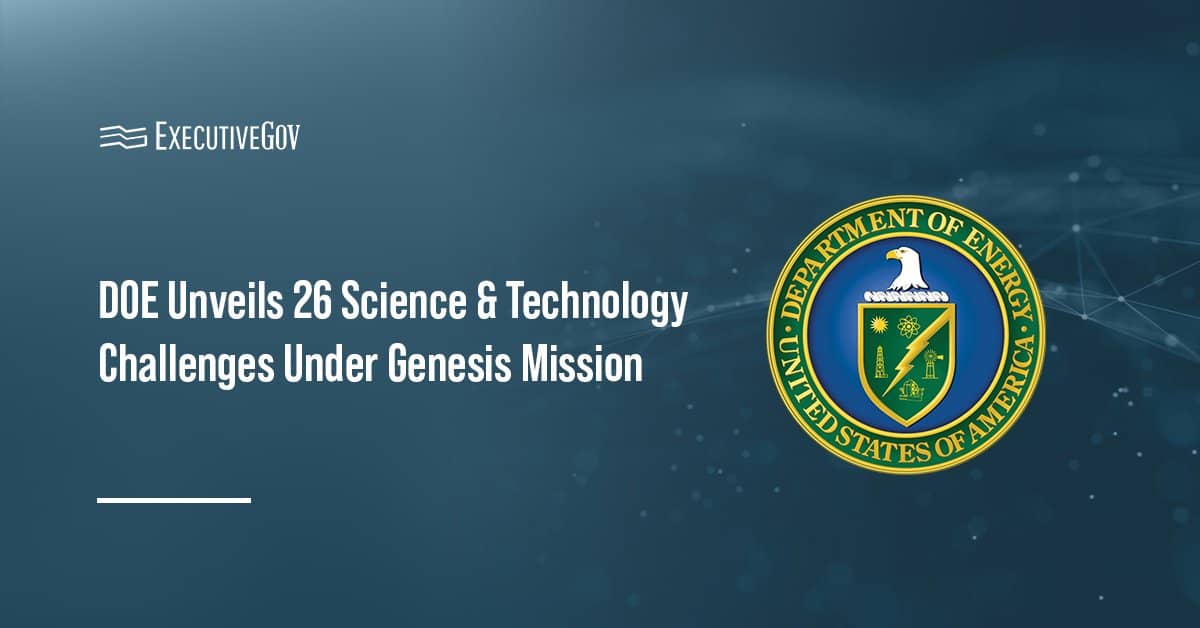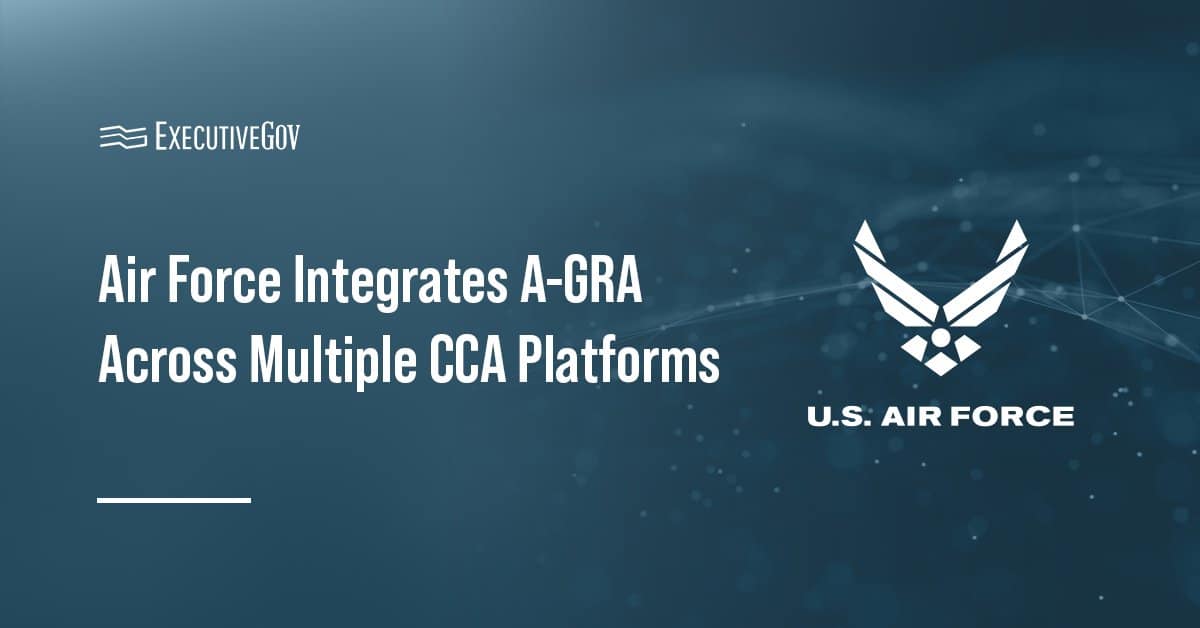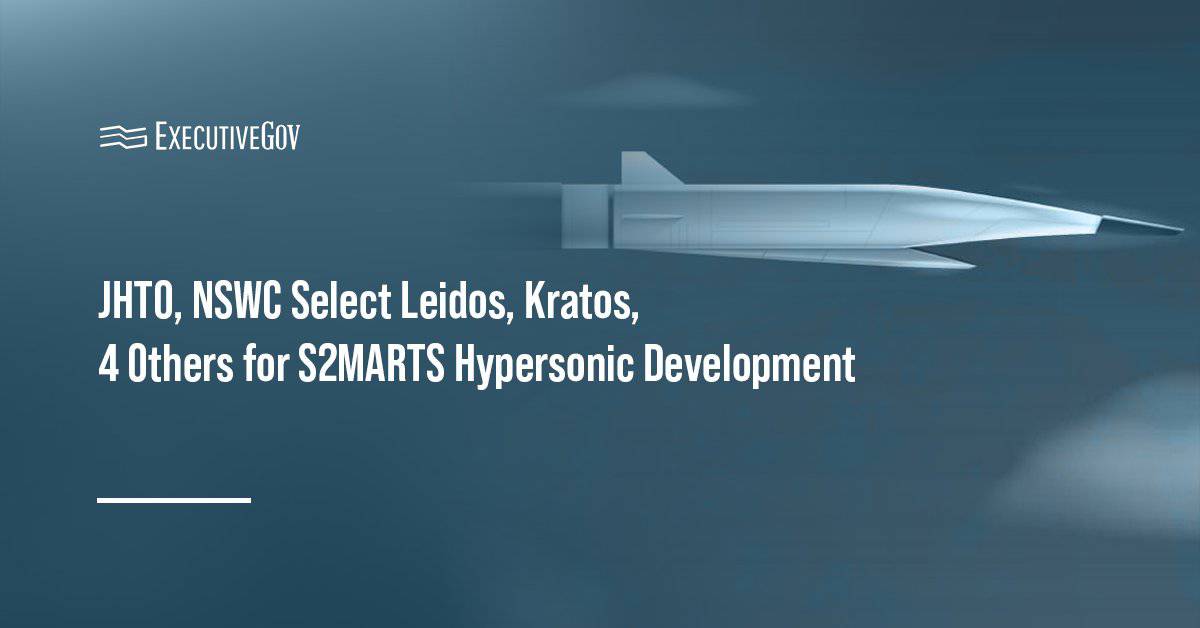Gen. Mark Milley, chairman of the Joint Chiefs of Staff and a four-time Wash100 Award winner, said the joint forces must strike a balance between ensuring preparedness for current and future fights, DOD News reported Thursday.
“Readiness now and readiness in the future through modernization is our No. 1 priority. And there is no other No. 1,” Milley told members of the House Appropriations defense subcommittee on Thursday.
He highlighted the need for the U.S. military to integrate precision long-range fires, artificial intelligence, quantum computing, hypersonic weapons, robotics and other emerging technologies to counter adversaries and win across all domains of conflict.
The general also mentioned the threats posed by China, Russia and Iran and how the proposed defense budget for fiscal year 2024 could help the U.S. military maintain its capabilities.





